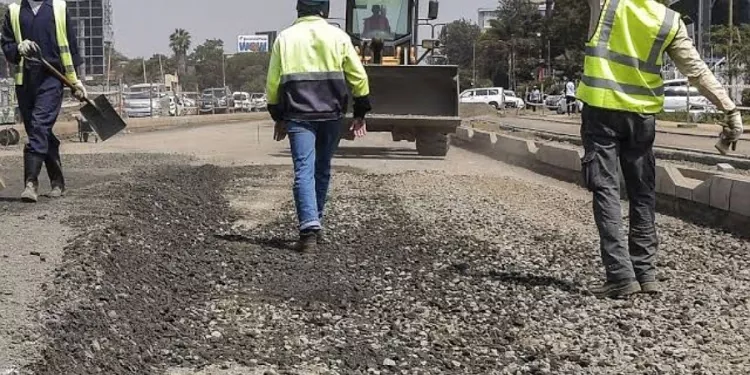Kenya Government has said it plans to leverage half of the proceeds of its tax on fuel imports to float bonds for the maintenance, development, and rehabilitation of roads.
David Pkosing, chairman of the National Assembly’s transport committee, told Bloomberg that the development would help unlock the issuance of road bonds. A road bond is a collected sum of money used by a governing body to safeguard against any defects to a road that may occur during new construction.
For rehabilitation of the East African nation’s dilapidated network, the road sector has a funding gap of 590 billion shillings ($5 billion). In lieu of this, the Kenya Roads Board, which manages the fund, said that the state seeks alternatives to bridge the deficit.
According to Rashid Mohamed, Director-General, Kenya Roads Board, the Fuel levy collections are projected at 84 billion shillings for the year ending in June – as it is currently charged at 18 shillings per litre of gasoline and diesel with the inclusion of transit tolls.
Inferring from this, he said that 50% of the fund would help Kenya raise as much as 150 billion shillings ($1.3 billion)
What you should know
Kenyan lawmakers approved legislation in 2019 that allows the levy to back infrastructure bonds in 2019. However, issuance has been delayed by the lack of a legal framework.
The fuel levy is strictly for road maintenance and does not generate new capital for the development of new roads and is generated per litre of petroleum imported.




